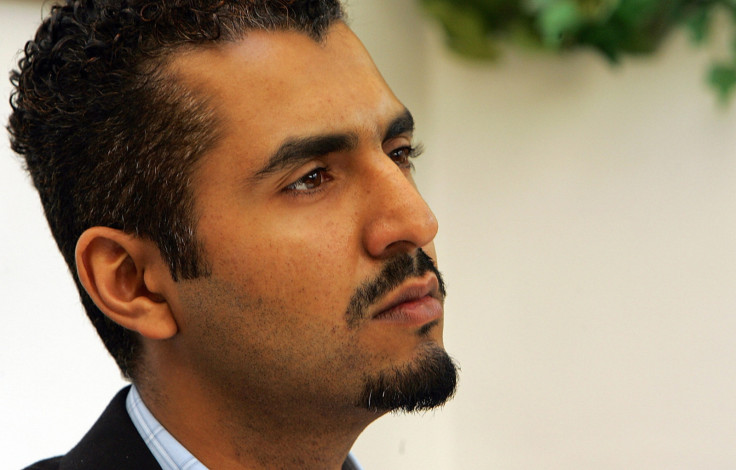Maajid Nawaz calls on David Cameron to create a 'counter-extremism czar'

David Cameron should appoint a so called "counter-extremism czar" in a bid to streamline the government's approach to combating terrorism, according to Maajid Nawaz.
The counter-extremism expert told IBTimes UK that the high-level politician would have to be directly accountable to the newly re-elected prime minister.
The Quilliam Foundation chief said: "There needs to be some kind of czar, some kind of person directly accountable to the prime minister that works to co-ordinate between all government departments on this agenda.
"To make sure there is seamless policy co-ordination across government, [the czar] needs to be accountable under Downing Street, not different secretary of states – all doing something but not necessarily working together."
To make sure there is seamless policy co-ordination across government, [the czar] needs to be accountable under Downing Street, not different secretary of states.
Nawaz, a former member of the Islamist group Hizb ut-Tahrir, said the move should be near the top of Cameron's agenda after entering Number 10.
The 36-year-old suggested that Lord Carlile or Paul Goodman would fit the role. Carlile is a former independent reviewer of terrorism legislation and Goodman served as the Tories' shadow communities minister until he lost his Wycombe seat at the 2010 general election.
"Both of these individuals have a very strong grip of the counter-extremism debate. Either of those two would be very good choices and they have the expertise and maturity to take that portfolio forward," Nawaz said.
The activist made the comments after the Conservatives romped to victory at the general election by securing a shock majority in the House of Commons.
Nawaz was at the coal face of the vote as the Liberal Democrat candidate in the super-marginal seat of Hampstead of Kilburn. The counter-extremist came third in the constituency behind Labour's new MP Tulip Siddiq and Tory Simon Marcus.
It was a terrible night for Nawaz's party as the Liberal Democrats saw the number of seats they held in the House of Commons plummet from 57 to just eight.
A political future?
The former wannabe MP disclosed that he was still deliberating his political future but stressed that he intends to "remain a committed activist" for his party.
"There's a lot to decide still, it's early days. But I'm certainly very proud still to be a member of the party and provide a role in whichever capacity I can," he said.
"I'm back to what I was good at before the general election, which is my Quilliam work. Not to begrudge anything with the Liberal Democrats, I'm going to try to stay involved and I'm still deciding how best I can be involved."
The miserable result for the yellow outfit prompted Nick Clegg to quit as the head of the Liberal Democrats, triggering a leadership contest. Norman Lamb, the former health minister, has put his name into the hat and Tim Farron, a former president of the party, is expected to be in the race.
Nawaz, however, said he would keep his selection for Liberal Democrat leader private since he did not want to cause divisions within the party.
"I'd rather be able to have a relationship with whichever one comes in as the leader because I still think that there's a lot to do," he explained.
"Because of the nature of my voice, if I backed one or the other, it would become a news story. That could be divisive within the party – it could look like I'm using a level of disproportionate influence to back one candidate or the other."
The top decision making body of the party, the Liberal Democrat Federal Executive, has ruled that leadership nominations will open today (13 May) and close on 3 June. The declaration of Clegg's successor will be given on 16 July.
© Copyright IBTimes 2024. All rights reserved.






